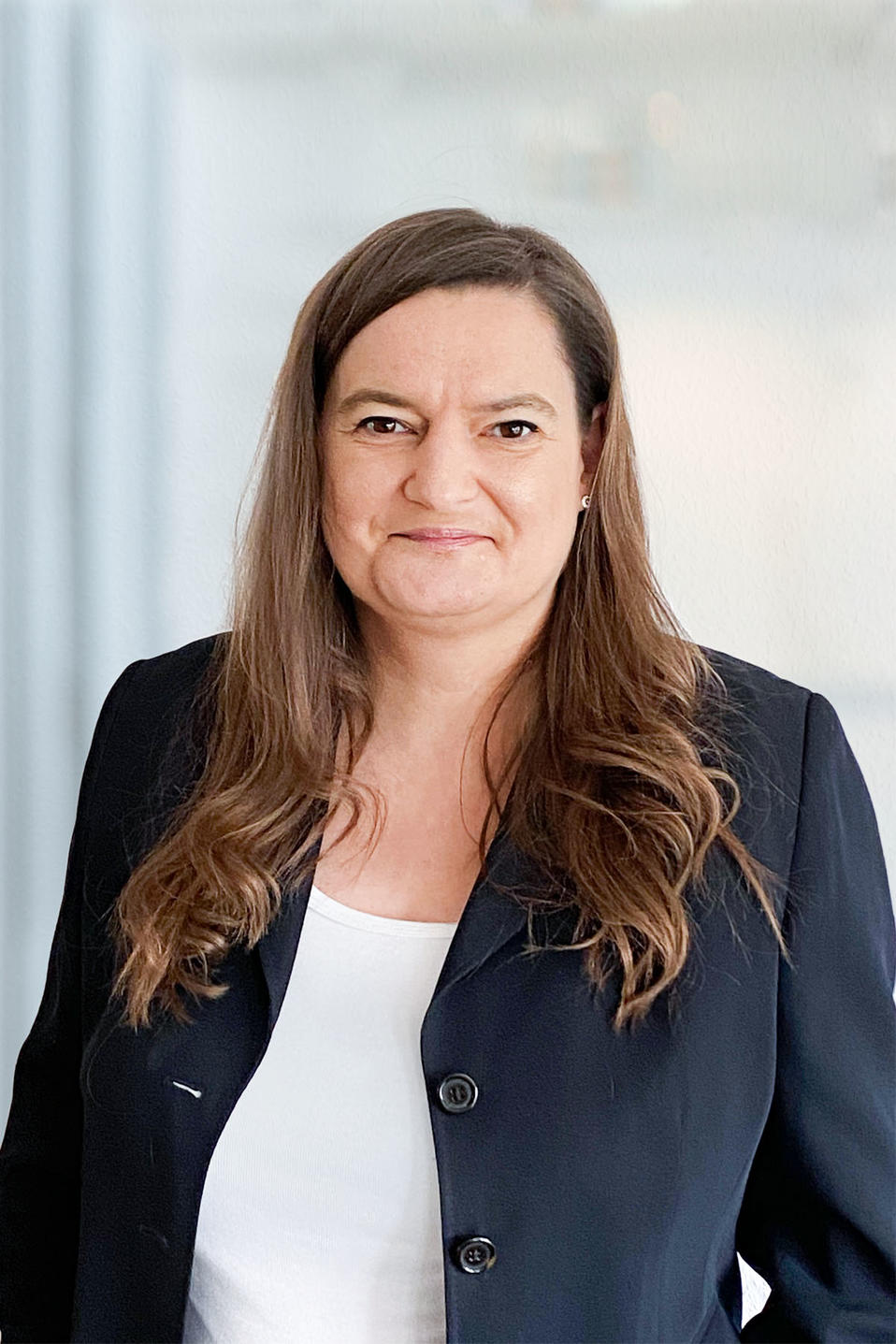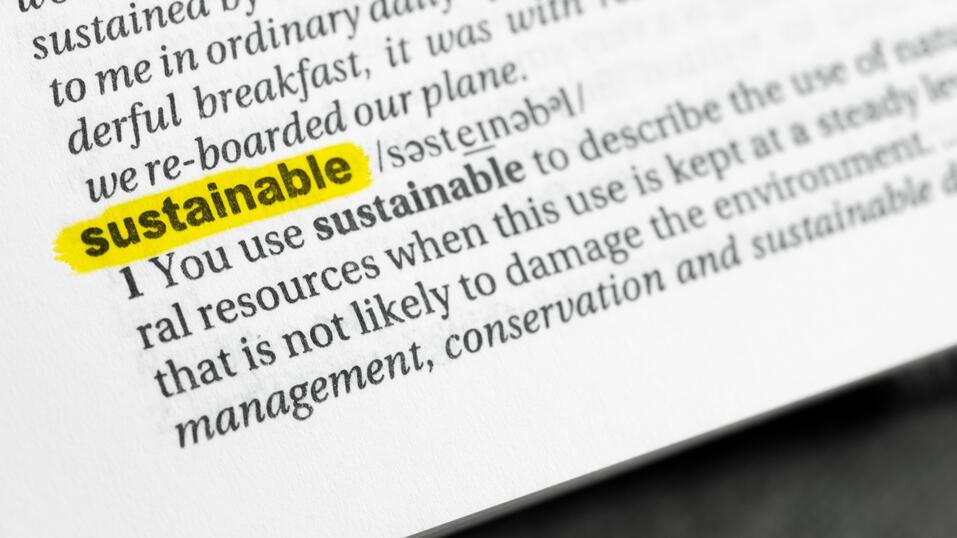Sustainable finance and COVID-19: brake or boost?
Data on the volume of sustainable loans arranged shows that there was a clear initial shock at the global level as the COVID-19 pandemic took hold. "This did not last very long, however, with growth quickly resuming," recounts Helaba lending expert Ina Liermann. Erfahren Sie hier mehr zu den Auswirkungen der weltweiten Pandemie auf die Nachhaltigkeit im Finanzsektor.
Sustainable investments as a “safe haven” for investors
Are we now perhaps going to witness an even stronger boost from the pandemic? Or will the penetration of sustainability issues into the financial sector be slowed as efforts to counter the economic effects of the pandemic divert attention to other concerns?
There are strong signs of the former. Many investors turned to sustainable investments in the initial turbulent phase of the pandemic as a type of "safe harbour": investment in sustainable funds grew in the first quarter of 2020 while conventional funds saw significant outflows. It seems that in especially volatile circumstances, investors have faith in sustainable products.
The annual risk report published by the World Economic Forum suggests this faith is well-placed: all five of the leading risks to the world economy currently relate to the natural environment. The leading managers surveyed are acutely aware that environmental factors are the big source of uncertainty. Policymakers show no indication of watering down regulations in response to the crisis either – indeed the EU seems more resolute than ever – and it must therefore be assumed that the move to sustainability in the financial sector is only going to accelerate. Ultimately, the sustainability criteria also have a considerable role to play in the response to the consequences of the pandemic.
„The shock to sustainable loans business caused by the outbreak of COVID-19 was short-lived and growth quickly resumed.“
Ina Liermann
Helaba

More on Sustainable Finance
- Sustainability at a glance
Sustainability at a glance
- Business is booming – and paying its way
Business is booming – and paying its way
- All roads lead to sustainability
All roads lead to sustainability
- Avoiding greenwashing: substance not soundbites
Avoiding greenwashing: substance not soundbites

What is sustainable finance?
Key terms associated with the issues of sustainability and green finance - explained in a clear and straightforward way.
